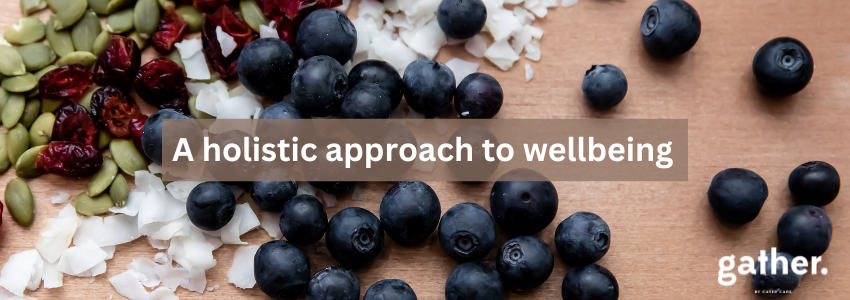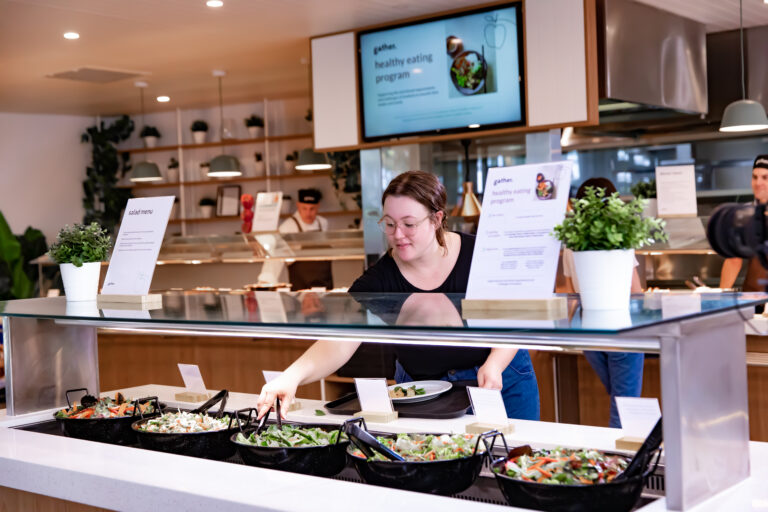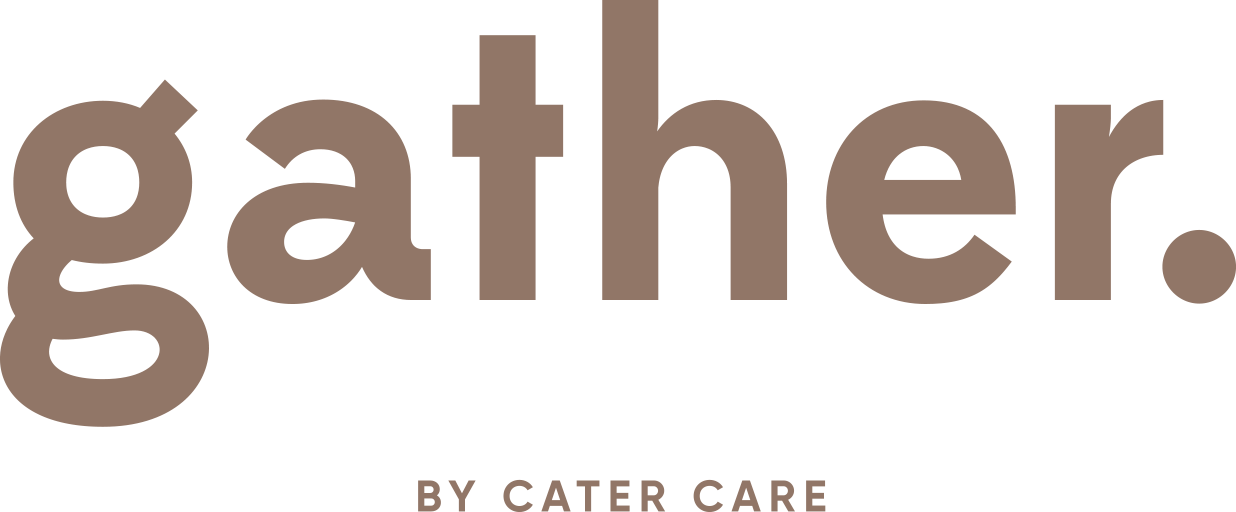Everything that happens in the developmental years of young girls is vital to laying the groundwork for their health and happiness in the years to come. Your education catering provider assumes responsibility for their health and nutrition during such a delicate time in their lives, and it’s critical that they get the expert support they need to nourish their bodies and minds.
As young girls’ bodies begin to change during puberty, they require greater amounts of varied nutrition than at any other time in their lives. Sometimes, the different needs teenage girls have risk not being met as many school catering providers don’t have the expert dietitians on staff to ensure that they’re provided with the tailor-made high-quality diet they need. gather’s team of in-house dietitians and more than twenty years of experience in food catering for schools ensures your students will receive everything they need to and reach their fullest potential.

A study on caloric intake across a wide range of adolescents with varying levels of physical activity undertaken in 2022 highlighted that there is no single ideal number of calories that can be held hard and fast to. The required daily caloric intake will fluctuate depending on her age and level of physical activity, and individual circumstances must be taken into account when planning an ideal diet (Groziak & Miller, 2022).

- A 13 year old girl will on average require 2,200kcal daily
- An 18 year old girl will on average require 2,400 kcal daily
- An 18 year old girl leading an especially active lifestyle can easily require up to 2,600 kcal daily
One key difference between male and female teenagers is that the caloric requirements of teenage girls remain relatively stable throughout adolescence (allowing for any increases caused by physical activity), rather than increasing exponentially as teenage boys do. As a result of this, girls on average consume 25% less calories than boys during middle and late adolescence, leaving them at greater risk of being deficient in vitamins and minerals (Kapoor et al, 2021).
There a few key factors to keep in mind when fuelling girls:
- Not all calories are created equal. Only high-quality nutrients from essential food groups should form the bulk of their diet, and discretionary foods that are high in sugar and fat content (sometimes called “empty calories”) should be kept to an absolute minimum.
- Excess fats should be excluded. This can be done through the use of low-fat dairy alternatives and limiting intake to heart-healthy fats such as monounsaturated or polyunsaturated fats, such as those found in nuts, avocados, and fish (Kapoor et al, 2021).
- Starchy foods such as bread, rice, pasta, and cereals are all excellent choices for a healthy source of carbohydrates when kept largely to wholegrain variants.
- When protein is included, it should ideally be in a low fat “lean” form such as white fish, yoghurt, eggs, and lean beef. Including these proteins is also especially important for growing girls due to a statistical likelihood of women being far more likely to suffer from iron deficiencies than men and boys (Seal et al, 2021).
gather’s corporate dietitians review and audit menus at each school every term, carefully considering all these factors to ensure that your students are receiving all the nutrients they need to nourish their growing minds.

There’s always a risk that in the chaos that is teenage life nutrition can fall by the wayside. gather’s team of expert dietitians are trained to compose menus free of nutritional deficiencies to best nourish young minds, but it’s always important that your canteen catering staff are able to spot the common signs of malnutrition in your teenage students. Malnutrition in adolescents of both sexes can be easily detected and then treated by keeping your eyes out for a few key signs (RCHM, 2021):
- Being noticeably under or overweight
- Lethargy, or otherwise noticeably impacted levels of energy
- Stunted physical growth, such as height and weight
- Behavioural issues, such as shortened temper or distractibility
- Issues with emotional and psychological development
Overcoming the challenge of cultivating happy and healthy boarding students begins with nutrition. If you need assistance in providing your students with nourishing, wholesome food solutions, get in contact with your local gather team to discuss your options.




